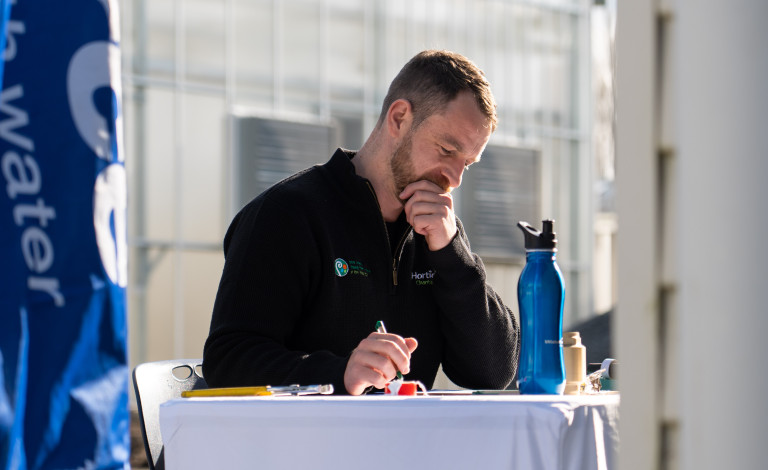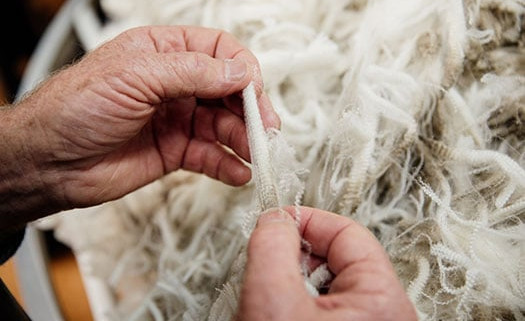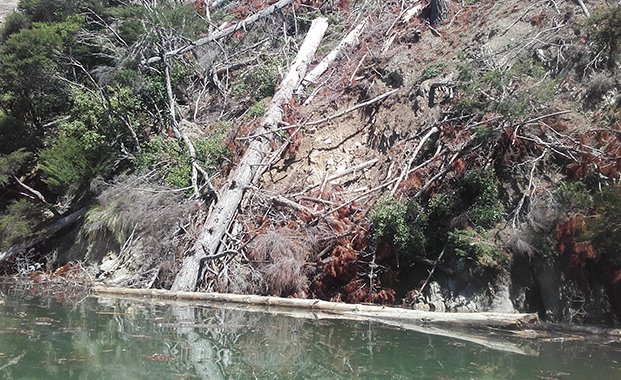Agritourism about broadening both horizons and incomes
02 December 2022 | News
With agritourism gaining popularity worldwide, rural communities shouldn’t miss the boat on using it to diversify and achieve greater resilience, says Lincoln Associate Professor Jo Fountain.
Tourists are increasingly seeking memorable experiences rather than simply sightseeing opportunities, providing a chance for farmers and other primary producers to supplement their income by showcasing their way of life.
Agritourism also creates value and markets for produce by strengthening agrifood value chains and allowing primary producers to maintain better control of their brand stories.
While agritourism was previously considered synonymous with farm tourism, Dr Fountain – of Lincoln’s Department of Tourism, Sport and Society – urges a broader perspective, describing agritourism as the place where agriculture and tourism intersect.
"In addition to traditional farm tourism activities, agritourism can be based around experiencing agrifood products or may involve activities occurring in areas with an agricultural backdrop,” Dr Fountain said.
"This is due to the changing nature of tourism, which has shifted from being just about photographing remarkable scenery to participating in memorable and interesting activities, engaging all the senses; agritourism can offer that."
Taking photos remains important to tourism, largely due to the use of social media, but "people want to come away not just with photos of a beautiful river but with an experience of white water rafting down that river, or sharing a picnic of local food beside the river".
Agritourists are interested in learning new skills, having deeper experiences, gaining new cultural understandings and supporting local businesses and communities, so there’s a possibility through agritourism to combine these.
Dr Fountain said farmers or food producers could tell stories of sustainable farming practices, ecological regeneration and community and family heritage, "all of which would appeal to particular tourist markets".
For example, those with a farm or rural property that produces agrifood have a range of ways to capitalise on tourism. They might allow people to pick their own fruit and vegetables or host them in accommodation on the property. Additional ideas include hosting weddings, festivals or other events, or involving tourists in ecological restoration projects.
Dr Fountain said engagement in tourism involved different skills than those associated with farming and food production, which could require strengthening the links between the agricultural and tourism sectors.
Farmers and agrifood operators could do this by connecting with neighbours who might be offering agritourism experiences, enlisting tourism operators to help showcase products and opportunities, or collaborating with tourism professionals to manage activities using the amenity value of the property and surrounds.
Dr Fountain said trends had also emerged from the pandemic that supported agritourism opportunities.
"People are getting back to basics, wanting to grow veggies at home, cook from scratch, forage and pick their own food," she said.
"There’s a focus on loving local, exploring our own backyards and supporting local businesses. We’re also seeing more of a focus on wellbeing, not just for ourselves and whānau, but for communities, flora and fauna and the planet as a whole – wellbeing across the entire value chain.
"This is all part of a trend we’re seeing that is all about turning off the phone and getting out into nature, which agritourism can really capitalise on."
For those interested in pursuing agritourism as a career, Lincoln University recently introduced a postgraduate course, Food, Wine and Agritourism: Principles and Practice, to offer an advanced understanding of the way the food, beverage and agritourism sectors affect visitor experiences and regional development.
Dr Fountain, with Craig Wilson of Quality Tourism Development, recently prepared a practical guide to successful agritourism operation as part of the Postquake Farming Project. The guide, Agritourism in New Zealand, is freely available online.


